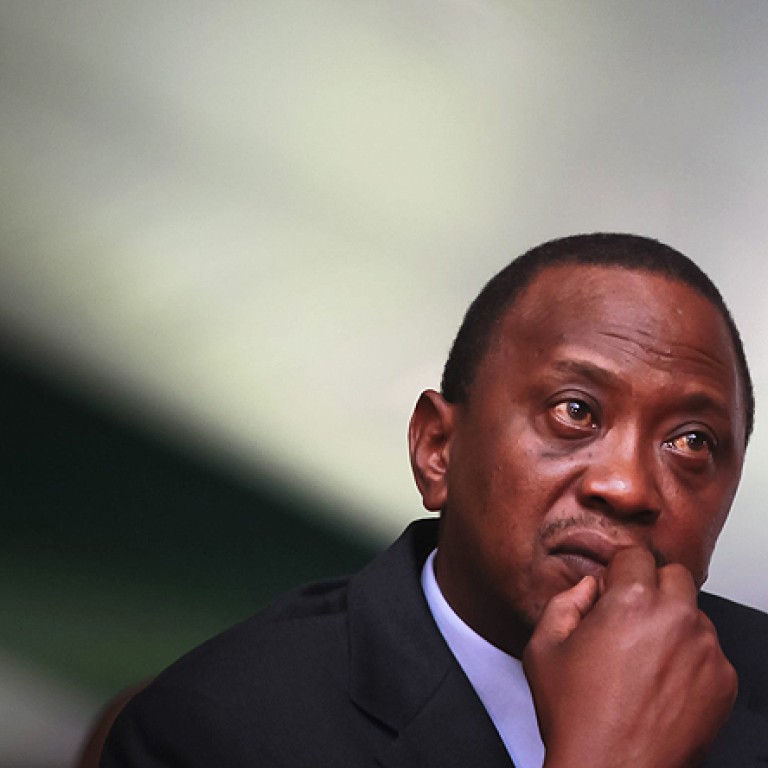
International court changes trial attendance rule
The ICC alterred its rules on attendance at trials on Wednesday in a change likely to affect the forthcoming case against Kenya's President Uhuru Kenyatta
Member states of the International Criminal Court amended its rules on Wednesday to allow defendants to appear via video link and allow suspects who hold high office to miss parts of their trials, decisions likely to affect Kenya’s president who is due to go on trial in February.
The court’s 122-nation Assembly of States Parties adopted the changes at its annual meeting in The Hague.
Elizabeth Evenson, senior international justice counsel at Human Rights Watch, said the decision to allow high office holders to stay home – on a case-by-case basis – “risks putting in place a two-tiered justice [system] and undermining perceptions of the court’s legitimacy.”
Kenyan President Uhuru Kenyatta is charged with involvement in deadly violence that erupted after his country’s 2007 elections. He insists he is innocent.
It remains to be seen how much effect the new rules will have; Kenyatta’s deputy, William Ruto, already is on trial for his alleged role in the post-election violence and judges have let him stay in Kenya for parts of the case to perform official duties.
The changes approved on Wednesday would apply to suspects who – like Kenyatta and Ruto – voluntarily appear before the court rather than being arrested and held in custody.

The United States, which is not a member of the court, welcomed the changes, saying the court is dealing with an unprecedented situation in the Kenyatta case as it prepares to put on trial a sitting head of state.
Samantha Power, the US ambassador to the UN, said the decision was made “in a manner that appropriately protects the rights and interests of both victims and defendants while allowing the judicial process to proceed without delay”.
Kenya has been engaged in a diplomatic push to halt the cases against Kenyatta and Ruto, arguing the country – and the volatile east Africa region – needs strong leadership as it battles al-Qaeda-linked terrorists in neighbouring Somalia.
Wednesday’s decision came less than two weeks after the United Nations Security Council rejected a resolution calling for the Kenya cases at the ICC to be postponed for a year. The African-sponsored resolution to delay the trials of Kenyatta and Ruto was voted down with seven “yes” votes and eight abstentions – short of the minimum nine ‘yes’ votes needed for approval.
Kenya’s foreign minister said last week her country also is pushing ahead with efforts to get the court’s founding treaty changed to grant sitting heads of state immunity from prosecution.
A two-thirds majority of the 122-nation assembly has to vote in favour of such a change to the statute, and it would enter into force a year after seven-eighths of the countries have ratified the changes.
